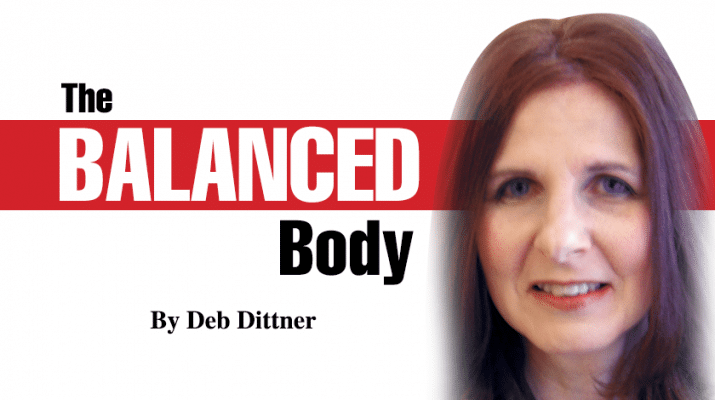Here are the answers to living a long, prosperous life
By Deb Dittner
 Many continue to look for the “fountain of youth” or ways to extend the “golden years.”
Many continue to look for the “fountain of youth” or ways to extend the “golden years.”
Being able to maintain youthfulness and vitality by visiting a medical spa and leading a prosperous life have been in search engines for many. And then there are the centenarians who live long lives full of joy, optimism and good health throughout the aging process. Centenarians have lower rates of heart disease, stroke and high blood pressure, fewer rates of depression and a life span full of positive interventions.
Through surveys and interviews, research of centenarians has led to specific aspects of their lives that tend to come up over and over again. Let’s dive into a few of these explanations.
— Sound sleep: Even as you age, appropriate amounts of sound sleep are necessary for mind and body. Consider 7 to 9 hours of sleep nightly to maintain good physical and mental health. Your circadian rhythm affects the sleep-wake cycle, controls hormones and body temperature, and affects cell regeneration. To improve sleep, consider darkening shades, a cool temperature and no electronics.
— Refuel the body: Eat whole nutrient-dense food and mostly a plant-based diet. Foods to consider incorporating are vegetables (4 to 6 servings daily), fruits (1 to 3 servings daily), nuts and seeds, herbs, beans and legumes, high-quality fats such as olive oil and avocado, fermented foods (yogurt, sauerkraut, miso) and organic whole grains. Anti-inflammatory foods high in anti-oxidants fight disease and naturally control hunger.
Consider at least half of your plate to consist of plant-based sources providing lots of fiber and essential vitamins and minerals. As you age, there is a loss of muscle mass requiring the need for increased protein in your diet.
You may want to consider a fasting protocol (please consult your primary provider before undertaking this step) and avoid eating 2 to 3 hours before bed as late-night eating can add excess and unwanted pounds being stored as fat.
Avoid processed and packaged foods. Filling your cupboards and refrigerator with healthy foods sets you up for positive outcomes.
— Nutrients and supplementation: Specific nutrients are necessary to maintain cognitive health in the prevention of dementia. Nutrients such as Vitamin D, magnesium, folate, astaxanthin, Vitamin B, Vitamin C, zinc and selenium can be acquired through whole nutrient-dense foods and also supplementation. Your health care provider can test for deficiencies.
Environmental threats
— Remove toxins: Toxins come in many forms, from the air you breathe, the water you drink, the foods (or food-like products) you ingest, and also from the synthetic products you use in your homes and on your body. Of course, you don’t have control over all of this but you do have control over a good portion that needs to be addressed.
Some toxins to be aware of are butylated hydroxyanisole and butylated hydroxytoluene, parabens, phthalates, formaldehyde, sodium lauryl sulfate and sodium laureth sulfate, fragrance, color dyes, polyethylene glycol, triclosan, ethylenediaminetetraacetic acid, and toluene, just to name a few.
— Exercise daily and maintain a healthy weight: Enjoy what you do for physical movement. Walking is one of the simplest forms of exercise. If you live in a city or near the center of a town, walk to do errands.
Consider yoga, tai chi, or other sports with family and friends. Plant a garden as this will not only provide exercise, but will also provide whole foods and stress reduction.
By consistently being active, you will reduce inflammation, decrease stress, and improve bone, heart and muscular health.
— Social support from family and friends: Surround yourself with people who share your ideals — your peeps. Being connected to community decreases stress as the support of others improving the quality of life.
Chronic stress is one of the biggest contributors to inflammation and chronic disease. Talking, cooking, sharing ideas, and community involvement provides support and reduces anxiety. Family and the love of parents and grandparents provide purpose and interaction in your life and needs to be cherished.
• Deborah Dittner is a family nurse practitioner and health consultant. Her mission is to transform as many individuals as possible through nutrition and lifestyle changes. For more information, check out her website at www.debdittner.com or contact her at 518-596-8565.

